The news about the young Chinese company Future Mobility occurred a few months ago, when it started to employ key people in the field of electric mobility from Google, Tesla, Daimler and BMW. Will the company shook the world of electric cars?
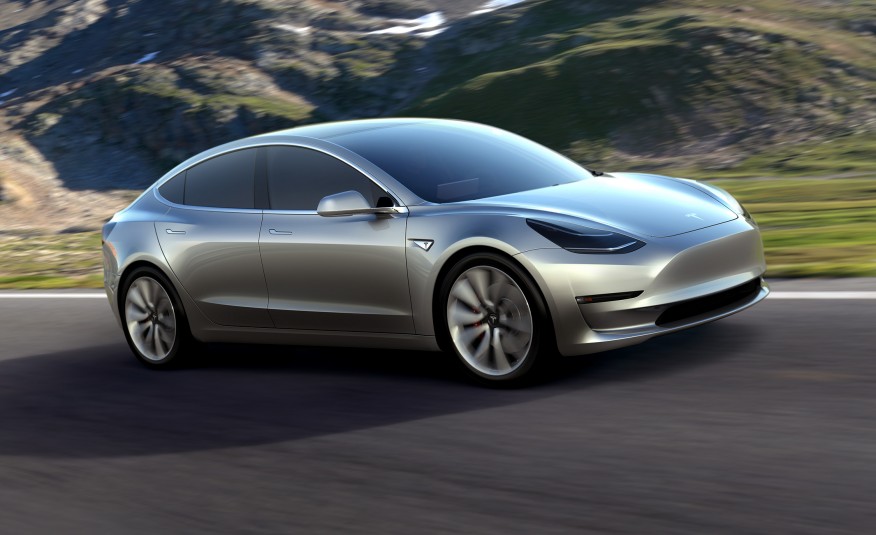
2018 Tesla Model 3
The electric car market is on the rise. Industry analysts predict strong growth, it is expected that by 2020, around 20 million electric cars will drive on the streets worldwide. One major indicator of enthusiasm for electro mobility is 500 thousand orders for the new Tesla Model 3, which will be launched by the end of 2017. Big manufacturers, as well as a number of smaller startups, invest in the development of electric cars and the equipment.
Among the latest is the Future Mobility, a Hong Kong based start-up, which almost nobody knew until a few months ago. They attracted the attention due to the employment of the leading managers of the automotive industry in the field of electric mobility. Although in the Future Mobility, which develops electric cars, are rather mysterious, we’ve compiled some information which gives the impression that perhaps there could be a great story behind.
Future Mobility is extracting knowledge from the brain of the leading rivals
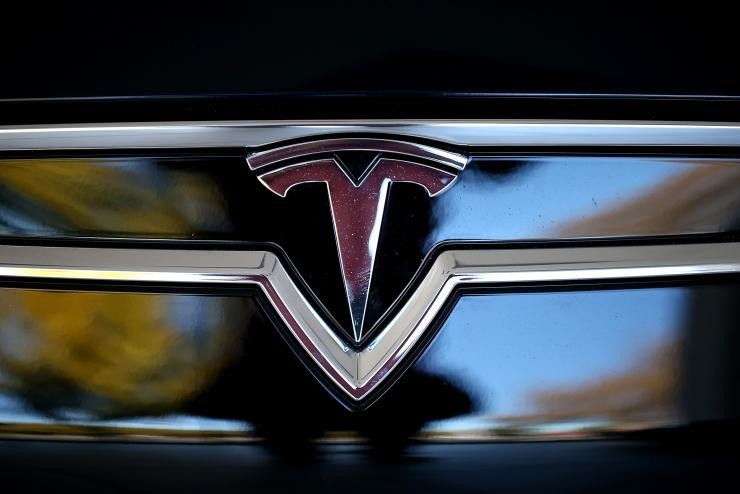
Future Mobility is thoroughly preparing for the entrance to the attractive electric vehicle, with gathering knowledge of the leading man of the automotive industry. Thus, this year, they managed to take over Tesla Motors director of supply chain manufacturing and assembly engineering Marc Duchesne, who will watch over the production, and engineer Paul Thomas. Before he came to Tesla in September 2011, Duchesne led Toyota factory in Canada for more than two decades. Thomas arrived at Tesla two years ago, and before that worked for prestigious sports car manufacturer Aston Martin for 16 years.
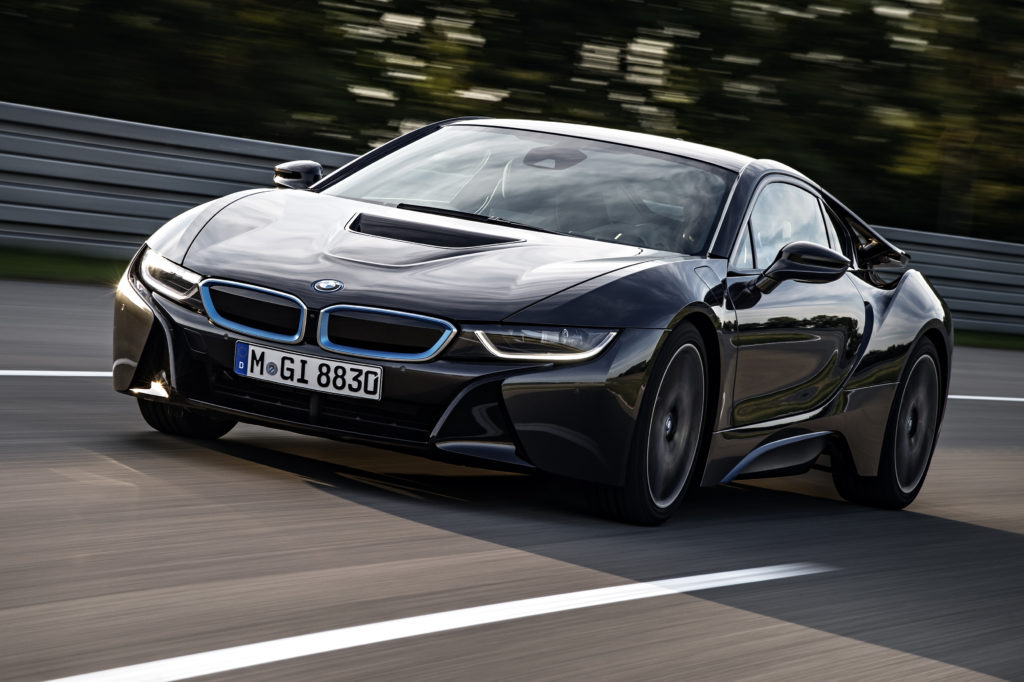
BMW i8
News about new reinforcements from Tesla came out last month. Only a few days later, the project manager of electric sports car BMW i8 Carsten Breitfeld became part of Future Mobility, and is now Chairman of the Board of the young company. Daniel Kirchert, also from BMW, is now vice president and Executive Director of Future Mobility. However, staff relocation in the direction BMW – Future Mobility is apparently not over yet. As reported by the US publisher Wall Street Journal (German manufacturer, however, does not want to comment on this information), the Future Mobility team will soon be reinforced. Dirk Abendroth, who participated in the development of the i-Series, Benoit Jacob, head of design at BMW i, and Henrik Wenders, Head of Product management at BMW i, are expected to join the team.
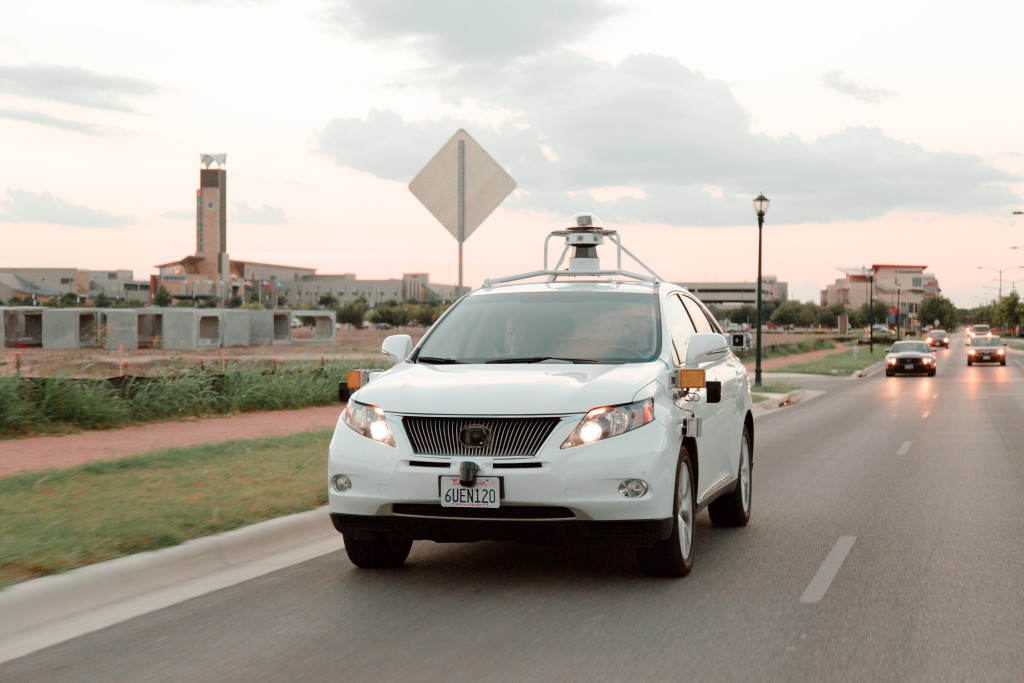
Google self driving Lexus RX450h SUV
Beside them, the Chinese start-up already managed to convince Wolfram Luchner, who was involved in the development of autonomous driving at Google for a short period of time, and before that worked for GM, Audi, Mercedes-Benz and BMW. Another Future Mobility employee is also an engineer Luca Delgrossi from Daimler.
The majority of development and production in China
Kirchert said through a social network WeChat, that the Centre for Research and Development of Future Mobility is in Shenzhen City, Guangdong, China. Later, the smaller research centers will be established in Europe and American Silicon Valley, where they will be mostly focused on the development of technologies related to autonomous driving. Cars will be manufactured in China, the precise location is not yet known. It is also a mystery when their cars will be launched and what will be their technical characteristics.
Two giants behind a toddler

Tencent QQ
In favor of thinking that a young company Future Mobility might create a big story are the names of the founders. Chinese technology giant Tencent Holdings has its tentacles in video games, social networks, web portals, online advertising, and is the owner of the most popular chat rooms in China, Tencent QQ and one of the most influential portal qq.com. The market value of Tencent exceeded $ 200 billion last year. After shares of the online store giant Alibaba declined in value, Tencent has become the most valuable Asian online business. And now it focuses even in electric mobility.

Foxconn Technology Group
The second founder of Future Mobility is the company Foxconn Technology, the largest electronics manufacturer in the world, whose major customers include Apple, HP, Sony, Microsoft, Amazon, Xiaomi, Nokia, Blackberry and other brands of consumer electronics. The company, which few years ago became known to the general public for its unsustainable working conditions, generated 120 billion euros in revenue the year before last, and made 3.6 billion euros in net profit. So far, Foxconn Technology is more commonly known as “sweat factory”, but now wants to transform into the development company.
Promised land for e-mobility
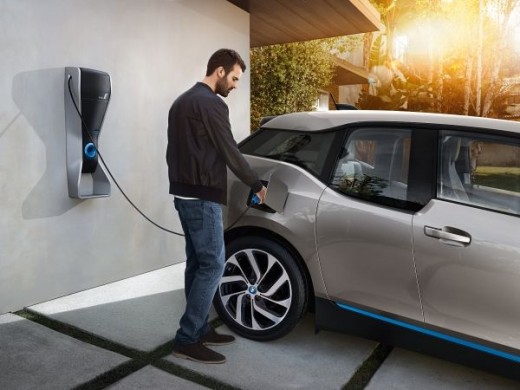
The fact that the story is happening in China, is not a surprise, as this is the largest automotive market with 21 million cars sold last year is ambitiously glancing at the field of electric mobility. For example, the Chinese government last year introduced subsidies for electric cars, which together (national and local subsidies in the provinces) reaches a value of 7,500 euros for the fully electric car and three thousand for plug-in hybrids. Last year, the government spent four billion euros for this cause. The Chinese market achieved four times higher sales compared with 2014 and sold 331 thousand electric cars and plug-in hybrids. That means that this market is leading in the segment of EV’s sold, with more than 60 percent market share.
Subsidies by Chinese
Some small Chinese car manufacturers abused high subsidies, so the numbers are somewhat inflated. According to local Chinese media, smaller manufacturers produced small electric cars, such as golf carts, with the production price of about four thousand euros. When signing up for the subsidy, they set the price of ten grand and thereby justify the possibility of obtaining subsidies. In the next step they picked up a subsidy of 7,500 euros for each cars from local and national authorities, and earned 3,500 euros for every car, which often did not manage to drive on the road at all. Since the publication, Chinese government has begun a detailed investigation.
Faraday Future, another promising start-up
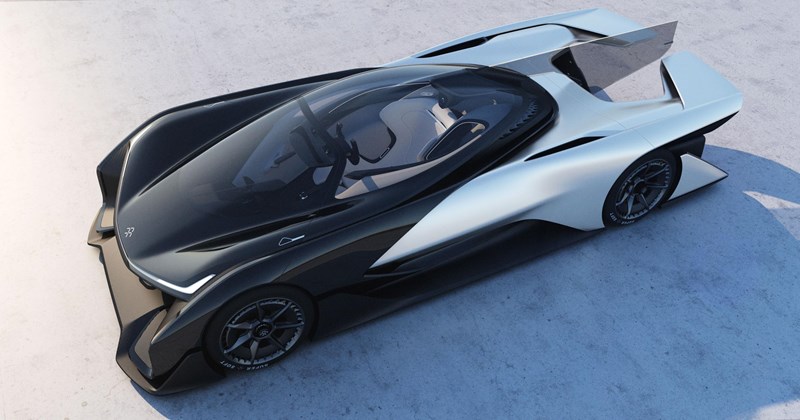
Faraday future FFZERO1 electric car study
Another startup in the field of electric mobility Faraday Future also has roots in China. It was built in 2014, employs 750 people, and is based in California, USA. Last month, they began to build an electric car factory in Nevada, worth 900 million euros. The biggest investor is Jia Yueting. The founder and CEO of IT company Lesh Internet Technology recently set up a joint venture to manufacture electric cars with the British sports car manufacturer Aston Martin . The first zero-emissions Aston Martin Rapide will be born in the year of 2018.
We can only guess about what cars Future Mobility is going to develop, but based on the all the facts about their huge financial background and all the experts they are employing, we go for a range of affordable cars, accessible to the general masses, and not some boutique, small series prestigious or sports vehicles like Rimac Concept One or Faraday FFZERO1.
Image credits: Tesla, BMW, Google, Faraday future
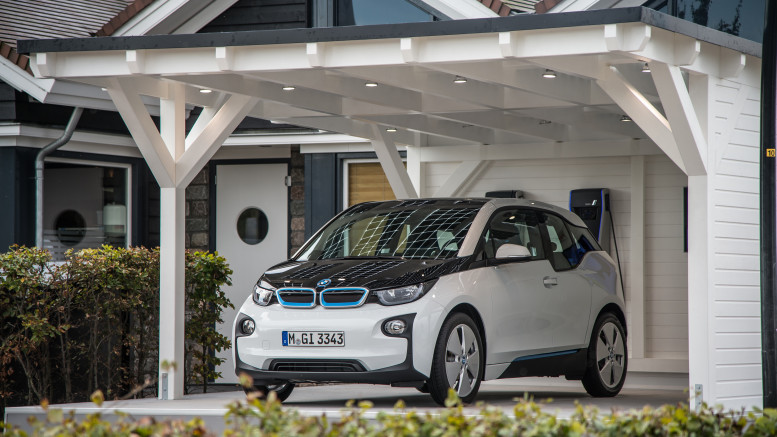

Be the first to comment on "Future Mobility steals Tesla’s, BMW’s and other EV brains"